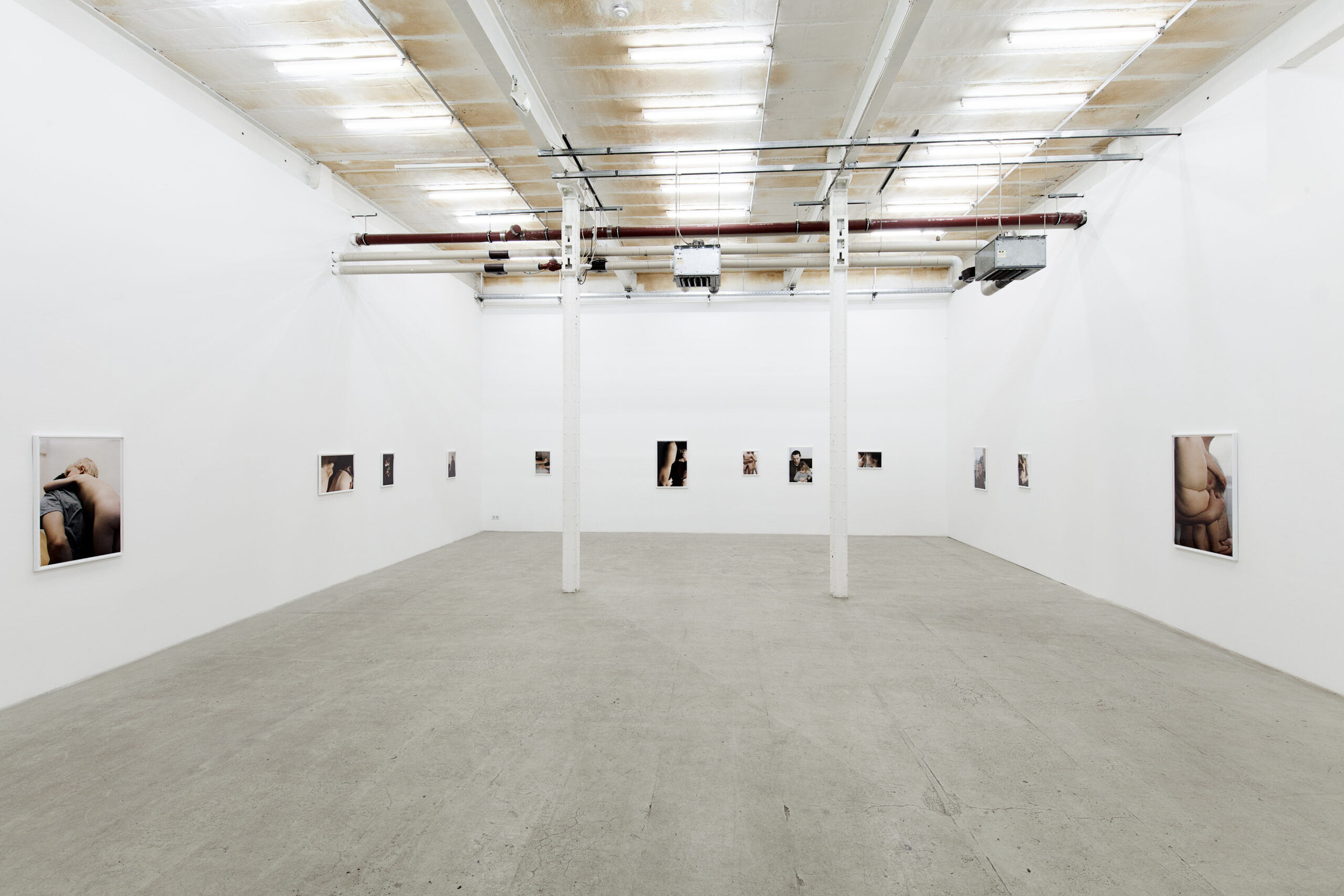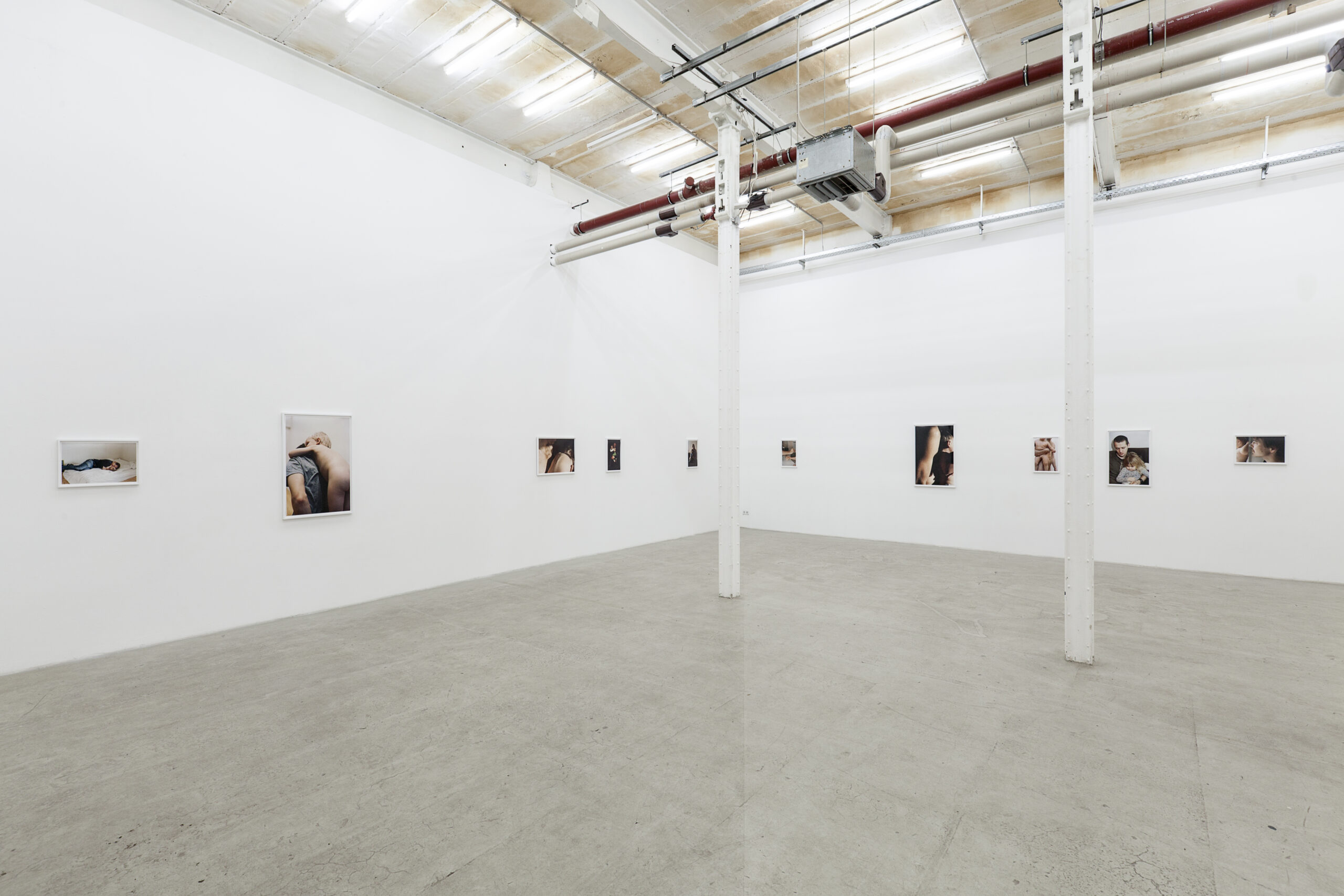
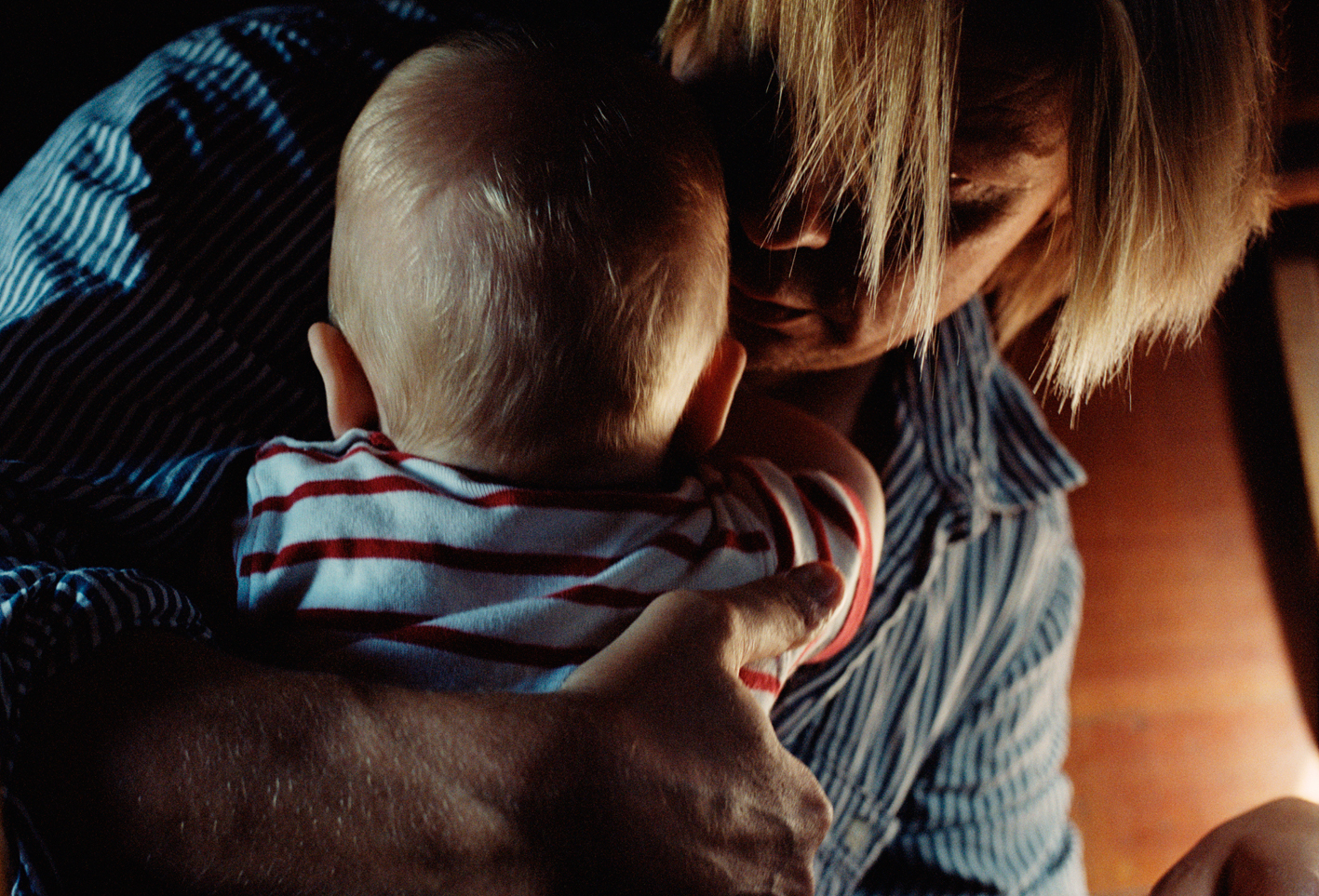
The photographs for the project Fathers were taken in Norway between 2009 and 2013. In 1993, Norway became the first country in the world to introduce paternity leave. Fourteen weeks of parental leave are now set aside for fathers, who in most cases take advantage of this opportunity. This sociopolitical context resonates in Winkelmann’s images, albeit in a subtle way, as there is no overt depiction of it. Instead, she shows us “closeness” – fathers with their children, how they hold them and are there for them. Simple as that. And yet the pictures are anything but straightforward, as there is no image tradition, no visual code for “fatherliness,” no father-child iconography to draw on.
Fathers takes a nuanced approach to reflecting this problem of “depictability.” The viewer is presented with intimate insights into the microcosm, and fragile moments of daily life. In this way, Winkelmann develops her own photographic language of images, which could be best described, perhaps, as an “aesthetic of manifest closeness,” an aesthetic that is based on clear forms and that at the same time “touches,” an aesthetic where the body is of great importance.
The focus is on the physical closeness between father and child: as a recurrent theme, the pictures are about holding and holding together. This clear physicality engenders a sense of presence on the surface of the image, a feeling that is almost palpable for the viewer. Fathers also plays with our expectations and the images we have within us. You may find yourself reminded of the sculpture of classical antiquity or the animated figures of the baroque period, of Renaissance portrait painting, of the traditional iconography of Madonna and Child, or the documentary attitudes of humanistic photography. And you may be unsettled in ways that are constructive and productive, as the game that is played with formal and visual quotation also plays with and upsets our conventional concepts of “motherliness” and “fatherliness.”
Fathers can be seen first and foremost as an essay – a photographic rumination where the intention is not to provide unequivocal answers or create new icons.
Stephanie Bremerich
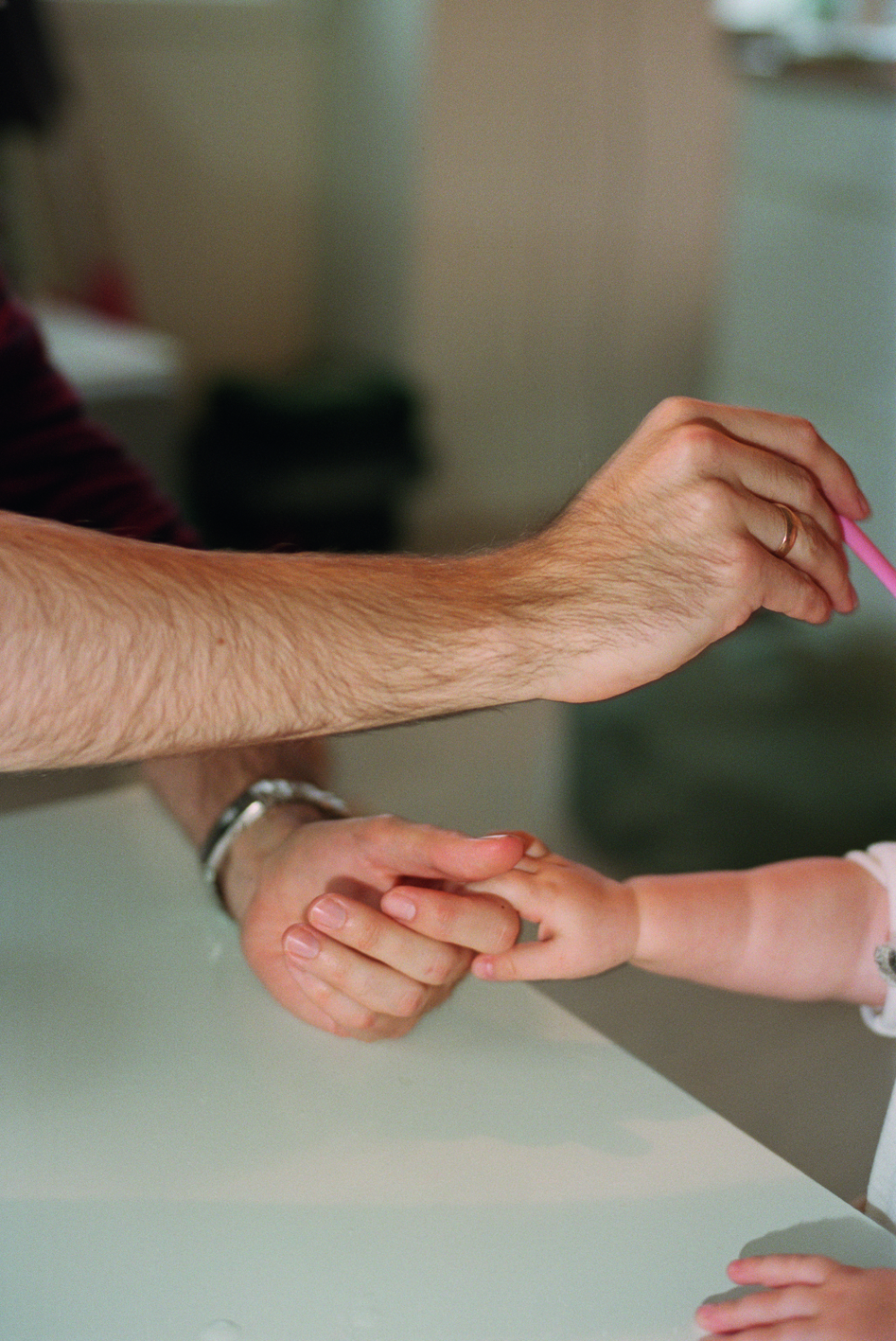
2014, inkjet print
35×50,4 cm
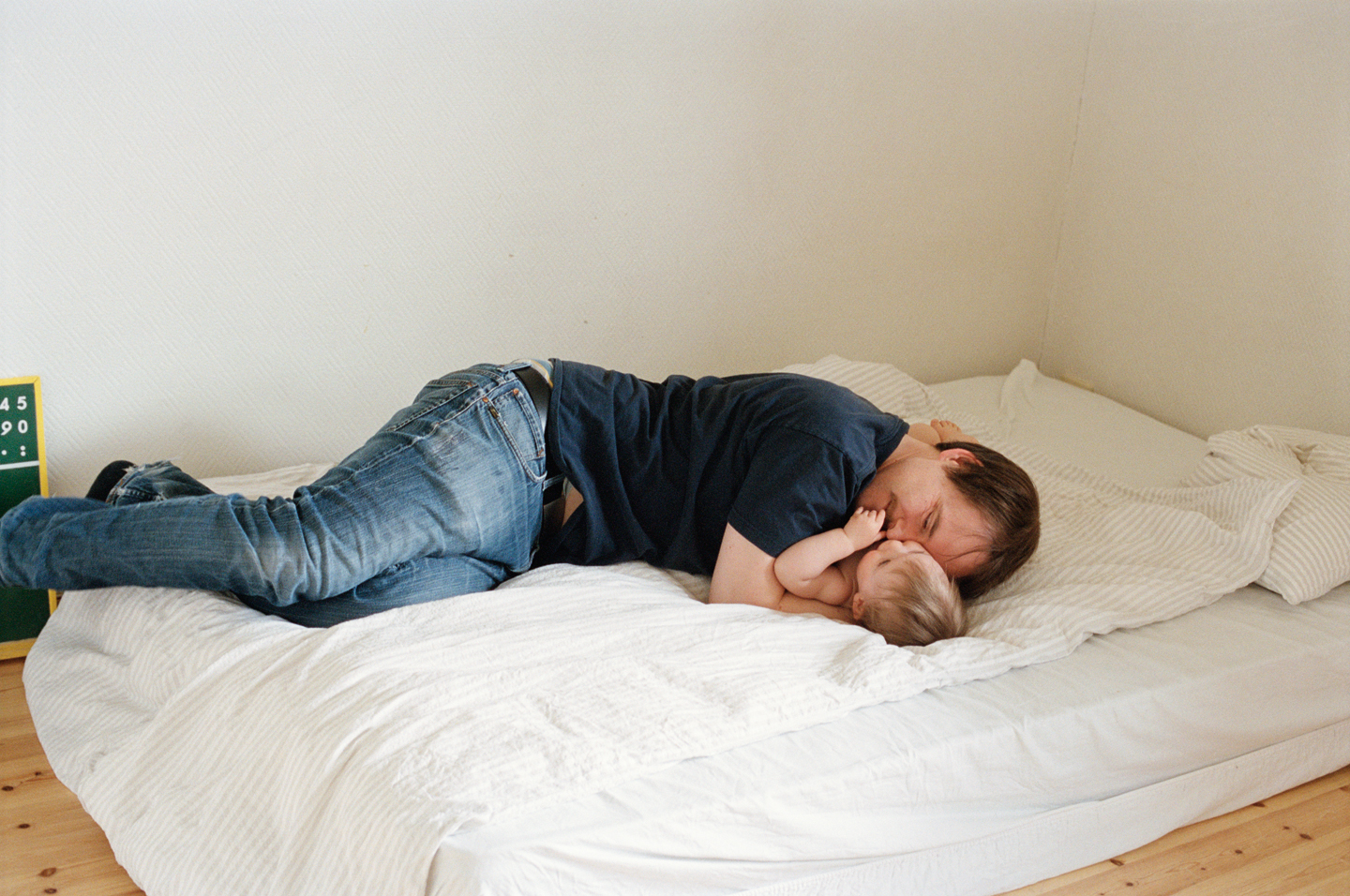
2014, inkjet print
35×50,4 cm
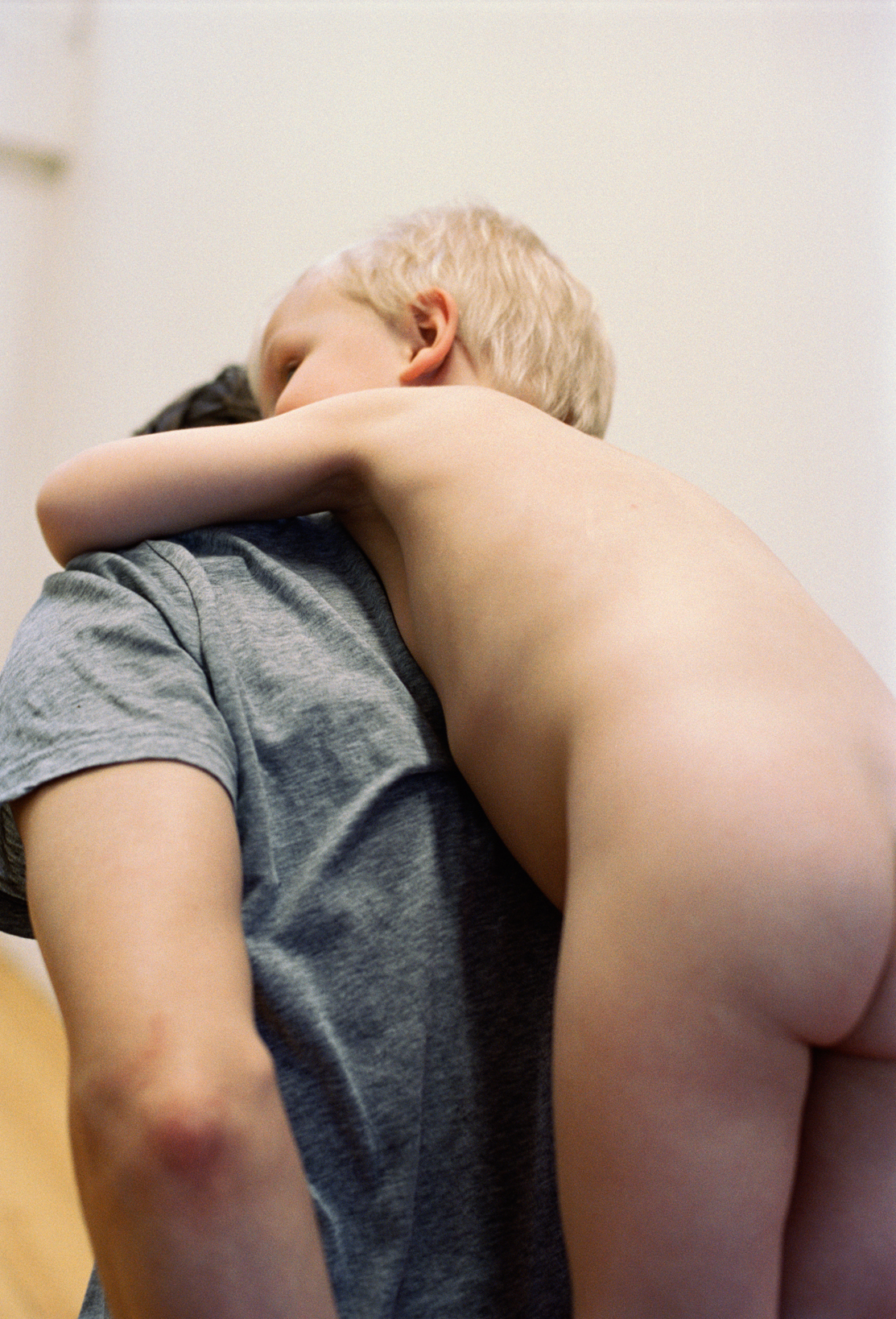
2014, inkjet print
98,2×67,3 cm
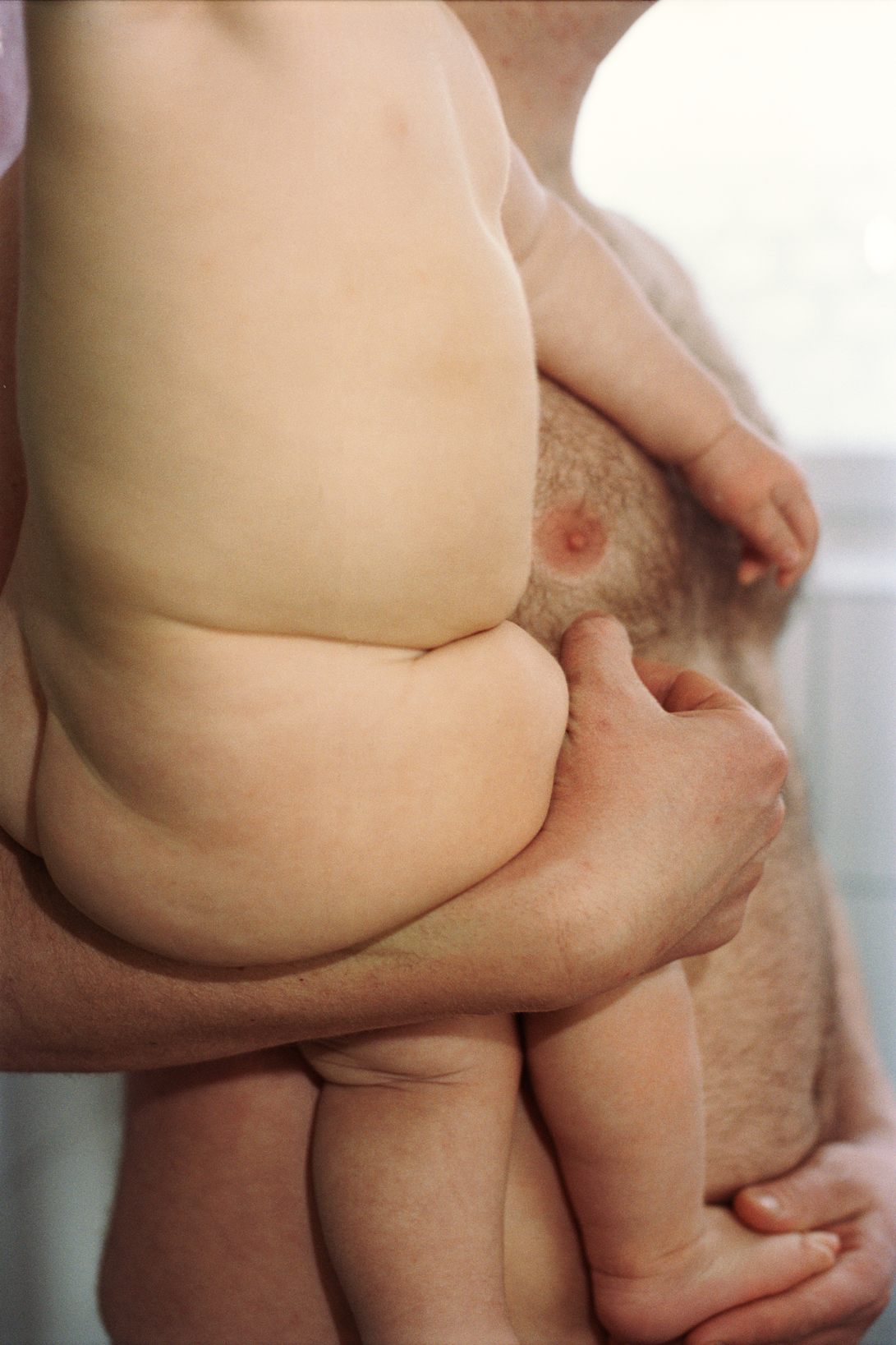
2014, inkjet print
111,4×76,1 cm
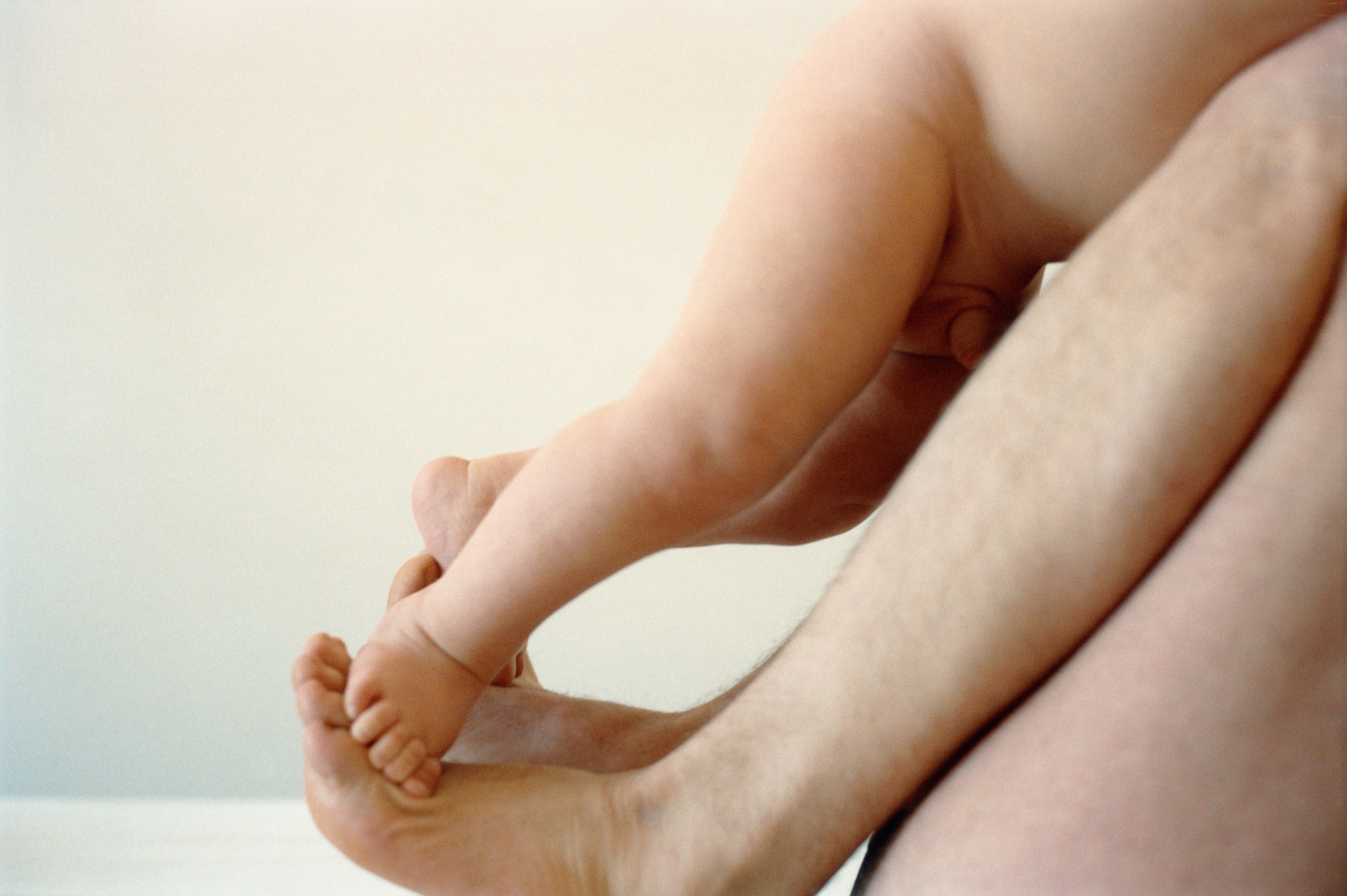
2014, inkjet print
35×50,4 cm
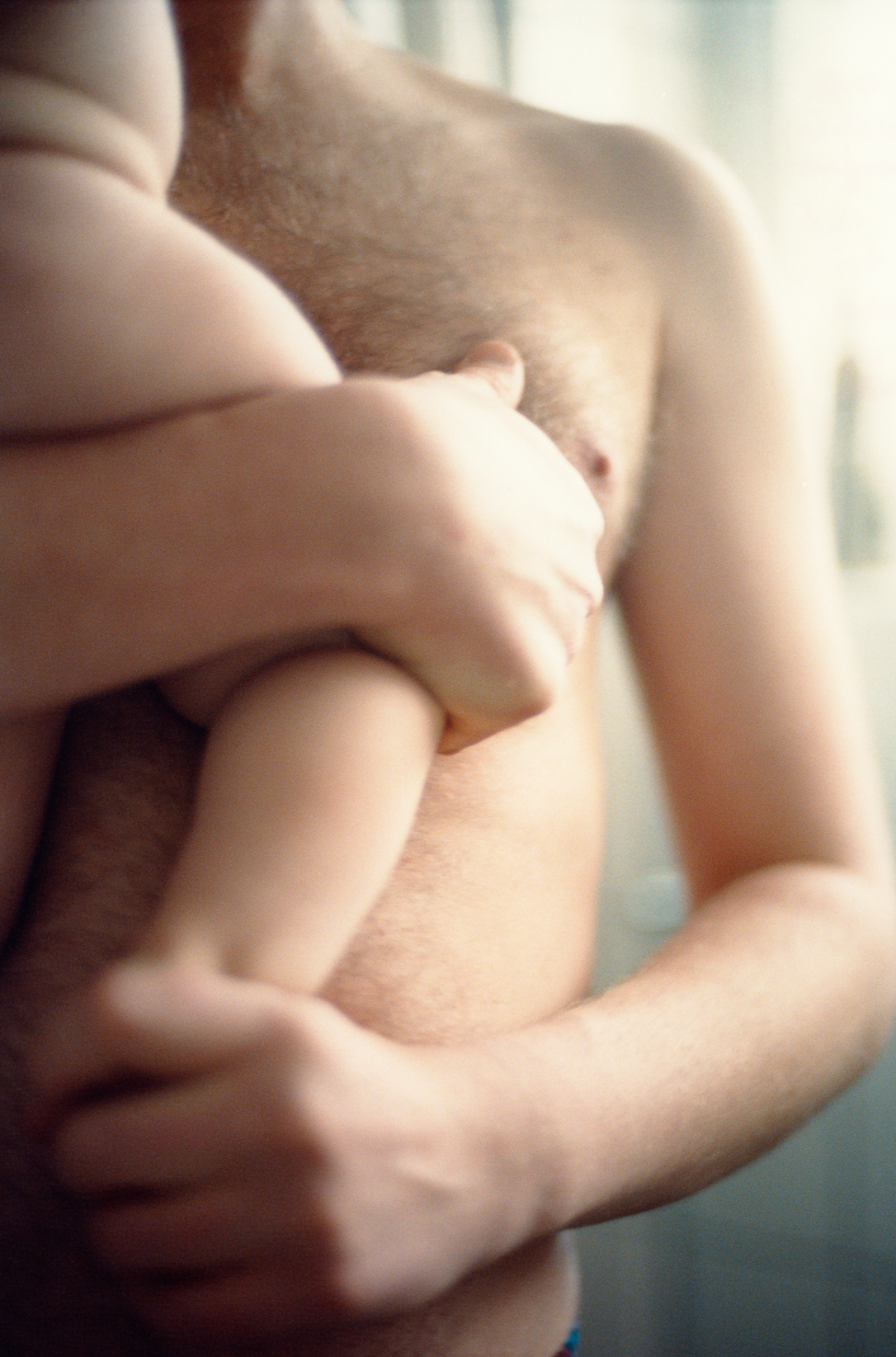
2014, inkjet print
35×50,4 cm
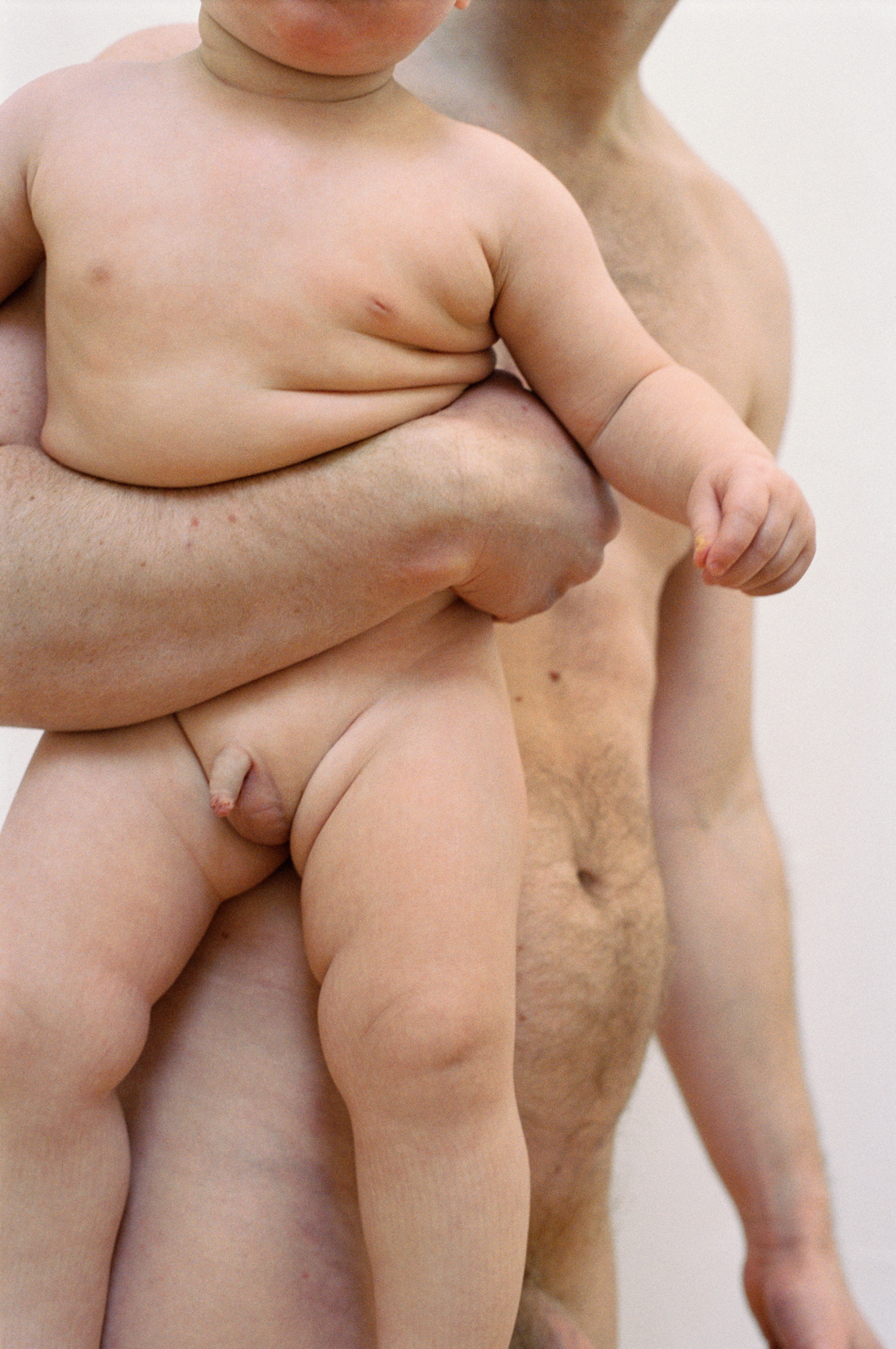
2014, inkjet print
35×50,4 cm

2014, inkjet print
35×50,4 cm
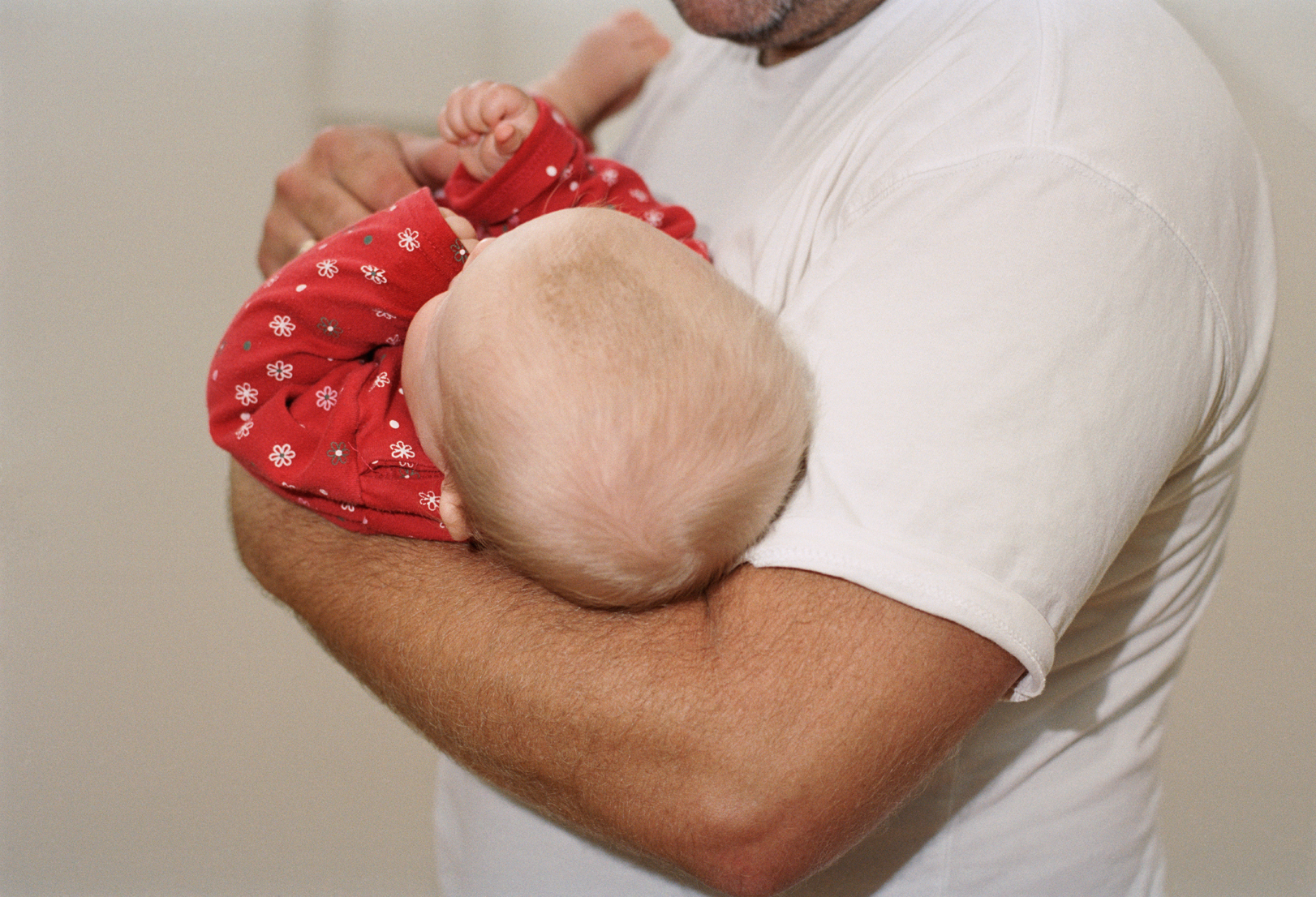
2014, inkjet print
35×50,4 cm
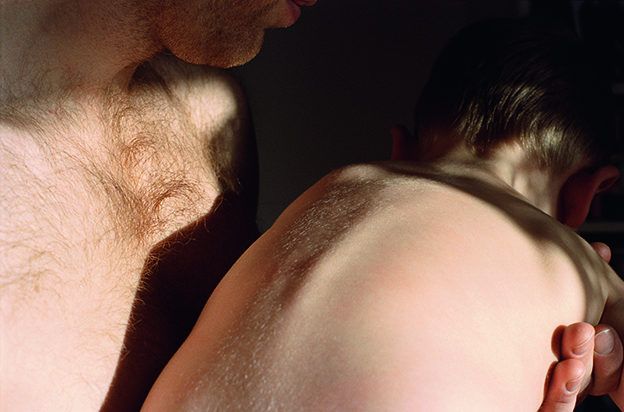
2014, inkjet print
51,6×74,6 cm
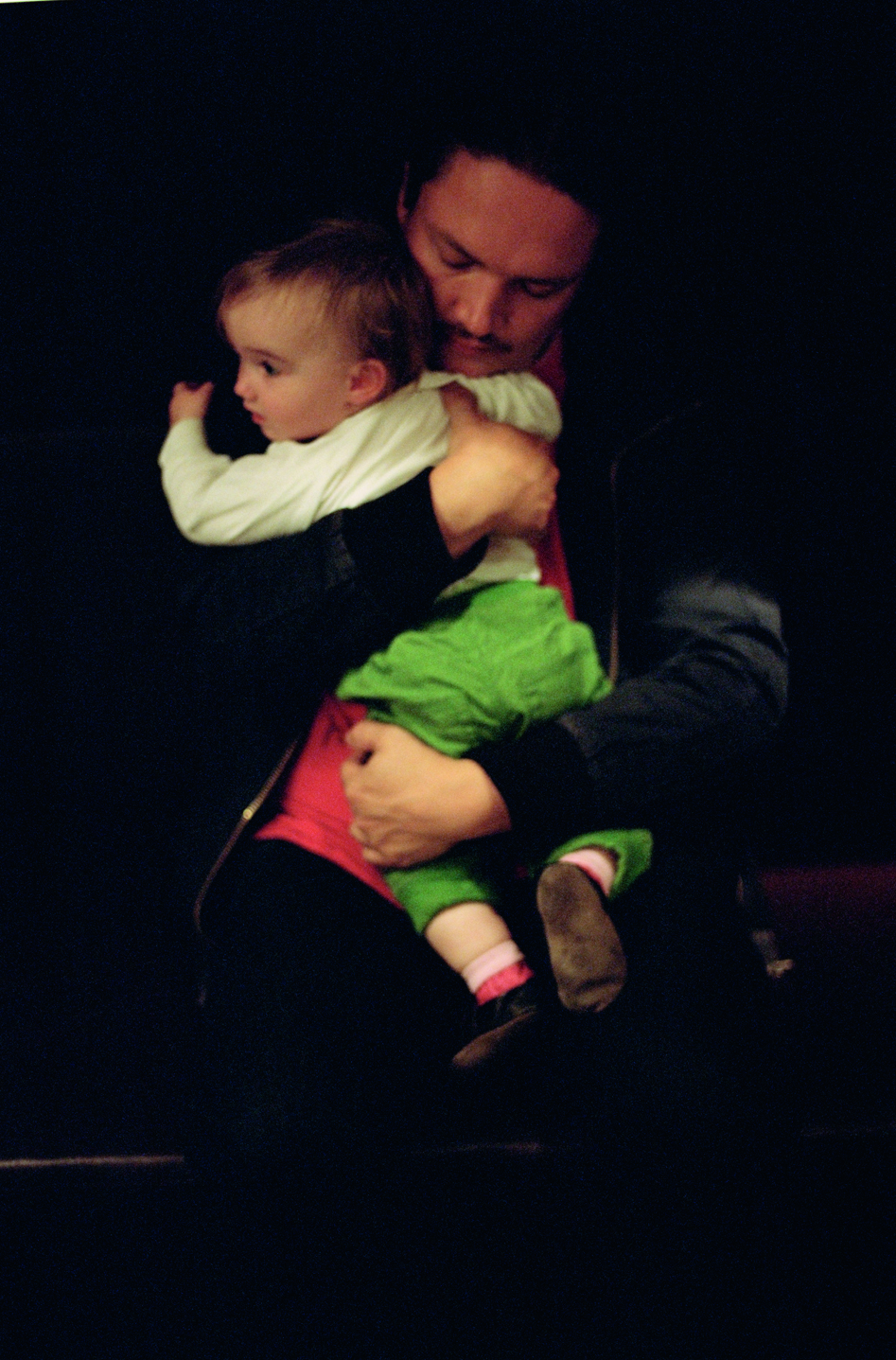
2014, inkjet print
35×50,4 cm
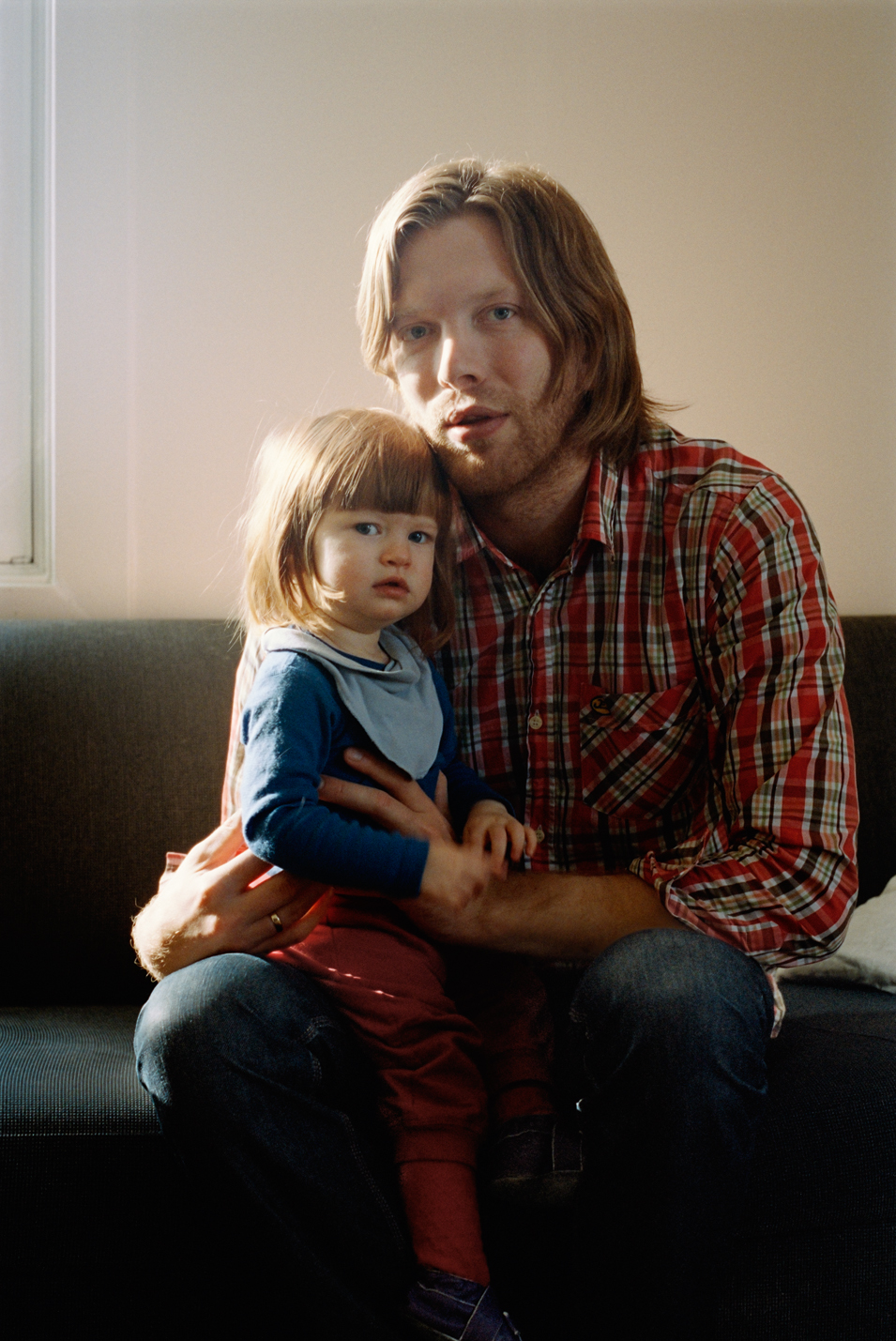
2014, inkjet print
35×50,4 cm
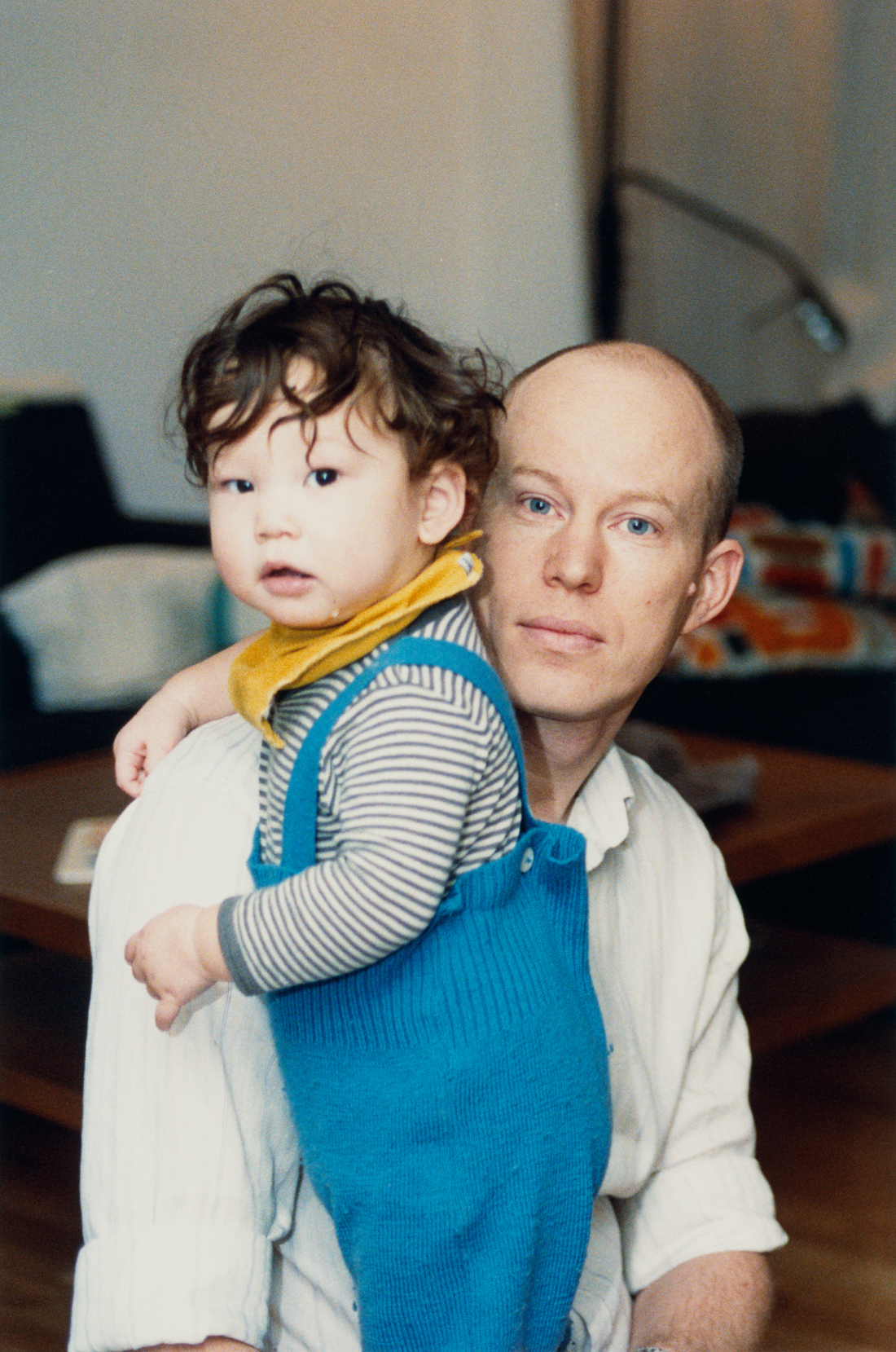
2014, inkjet print
35×50,4 cm
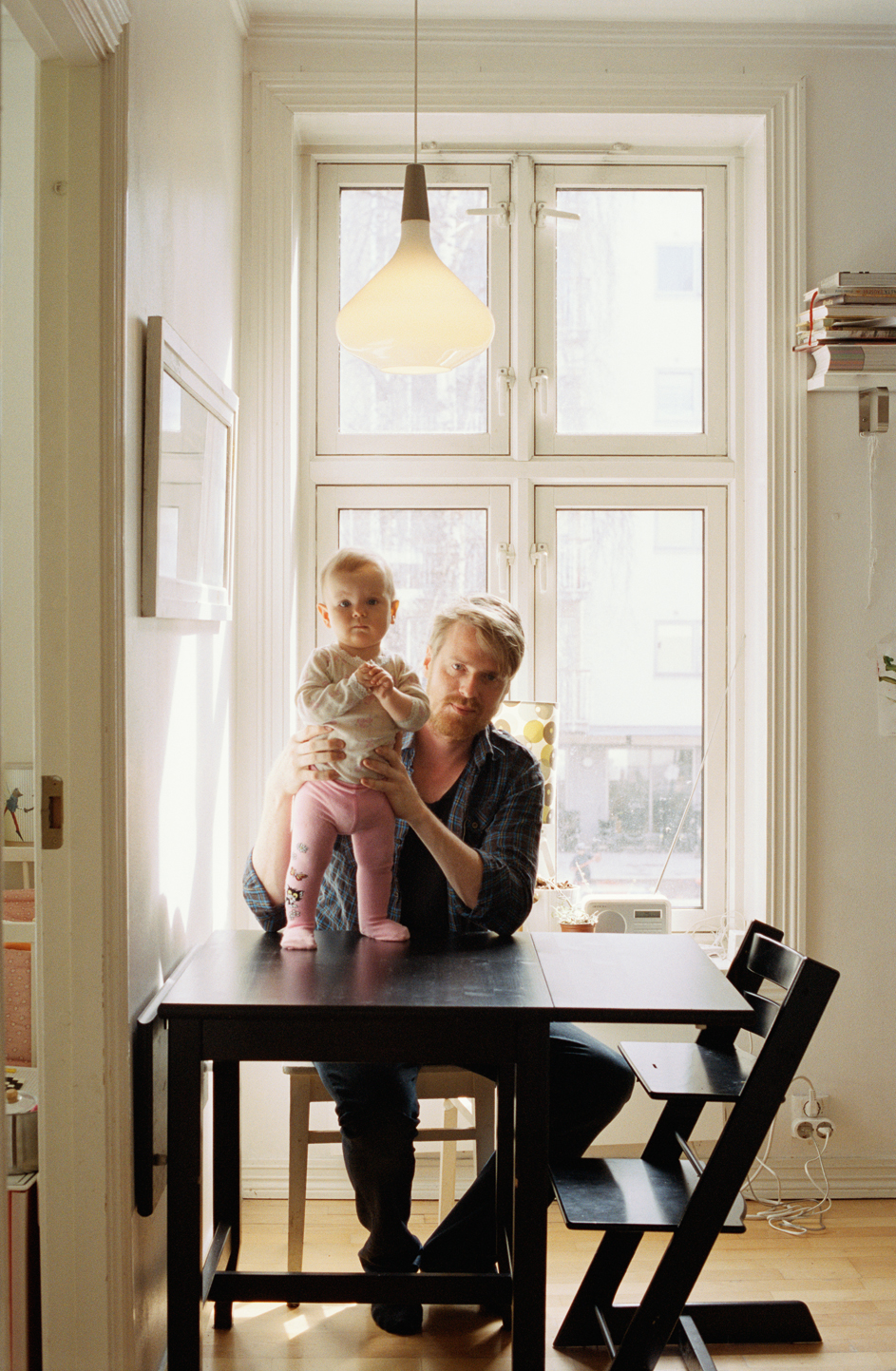
2014, inkjet print
35×50,4 cm
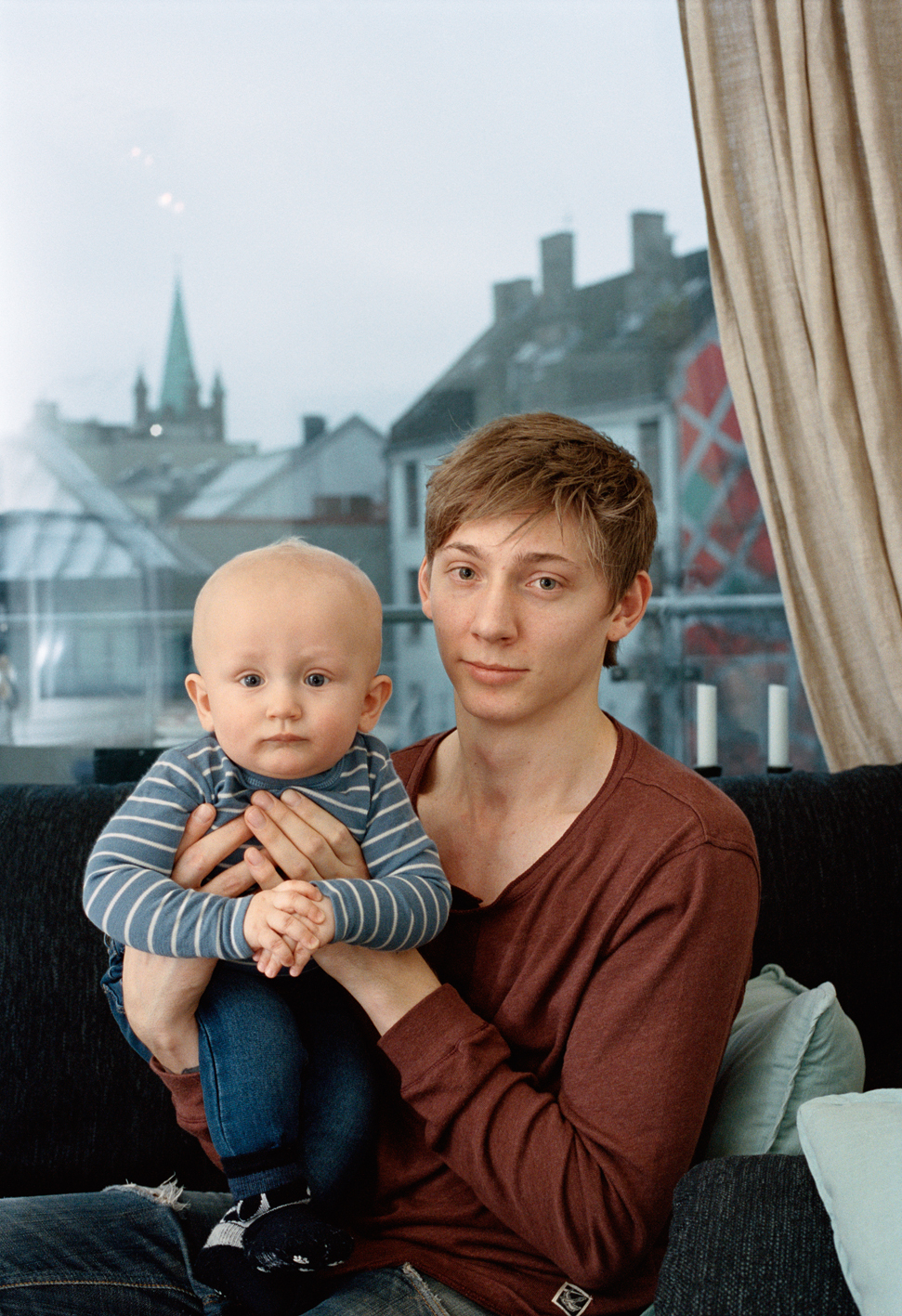
2014, inkjet print
74,6×51,6 cm
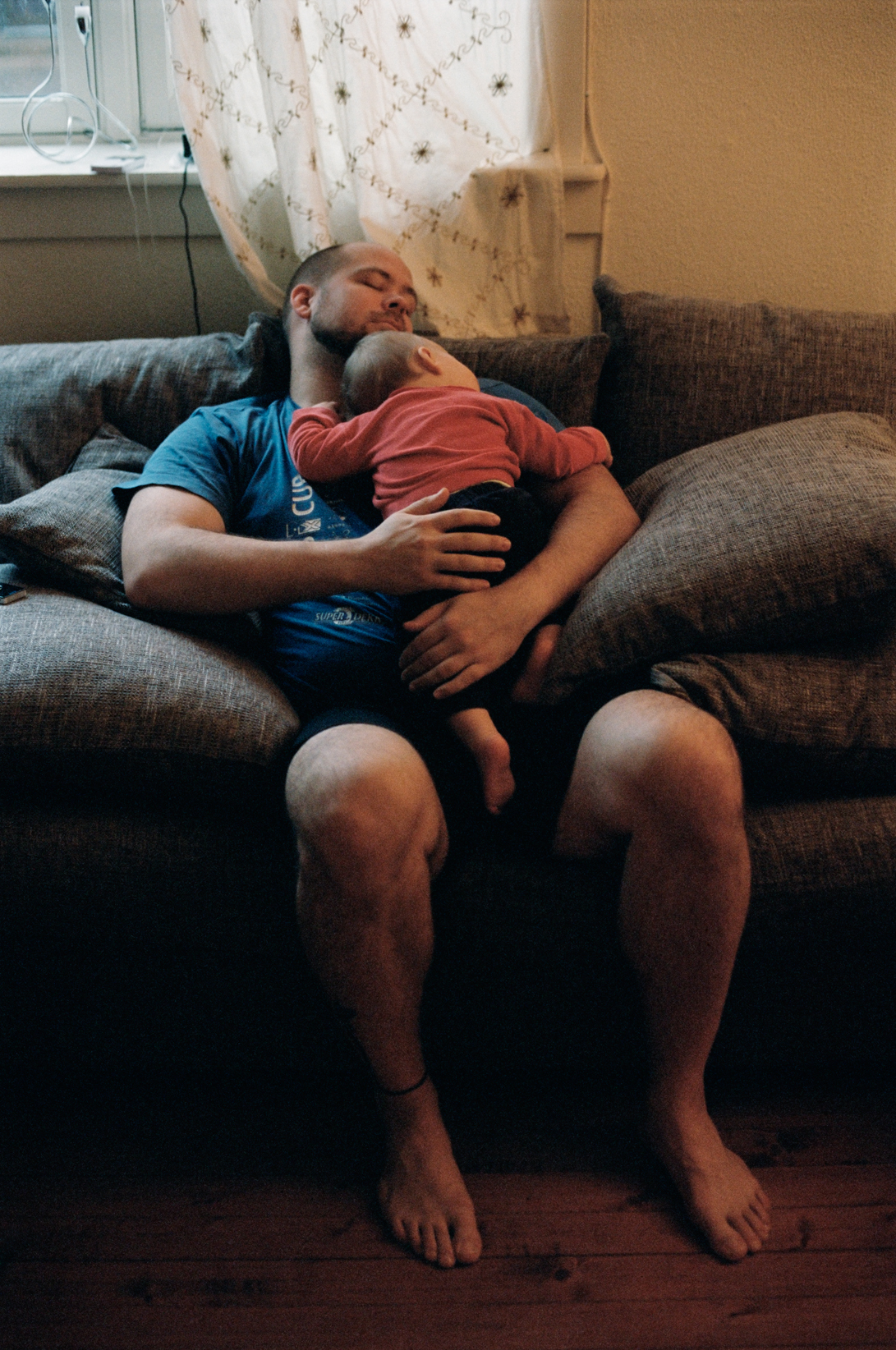
2014, inkjet print
35×50,4 cm
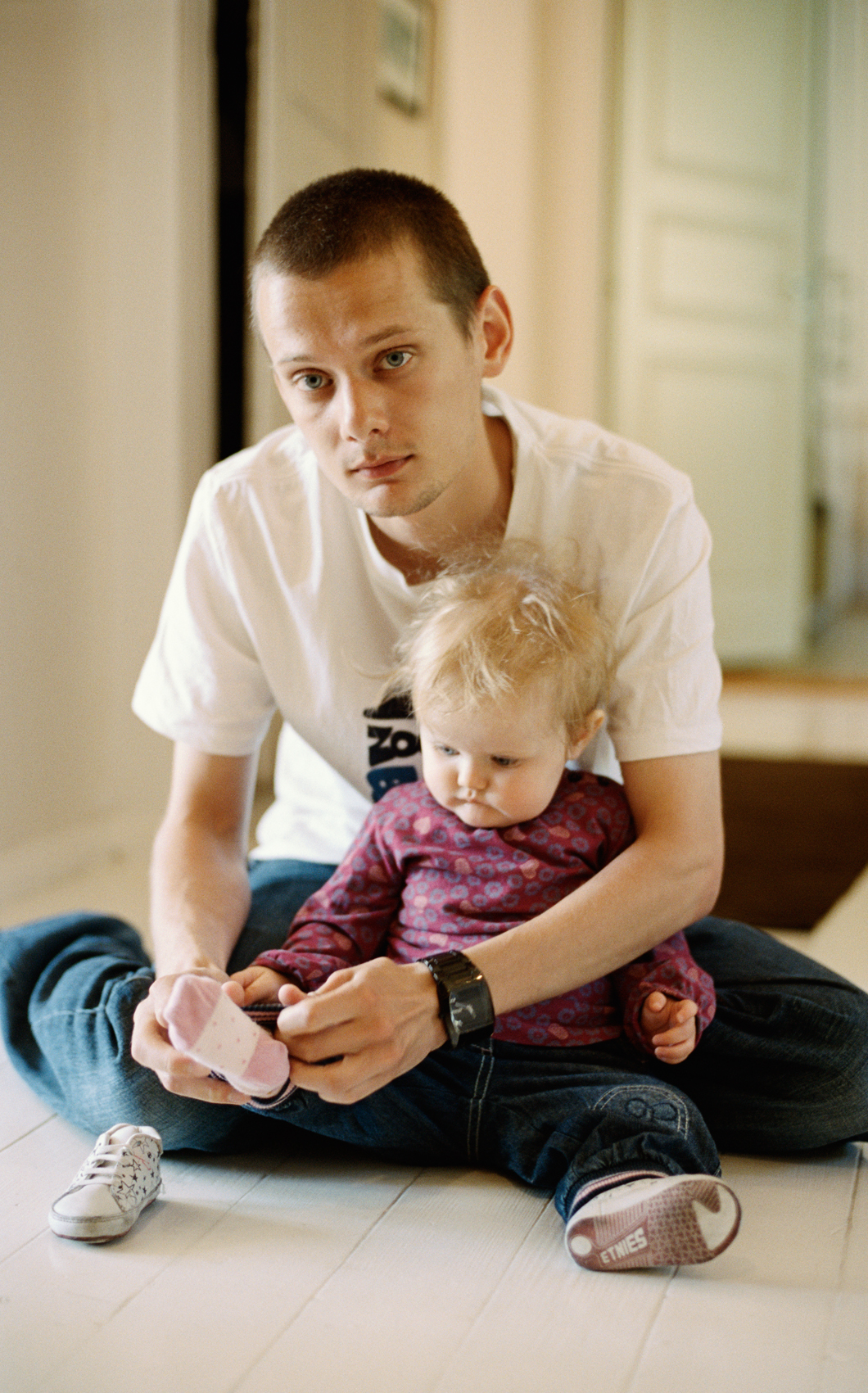
2014, inkjet print
35×50,4 cm
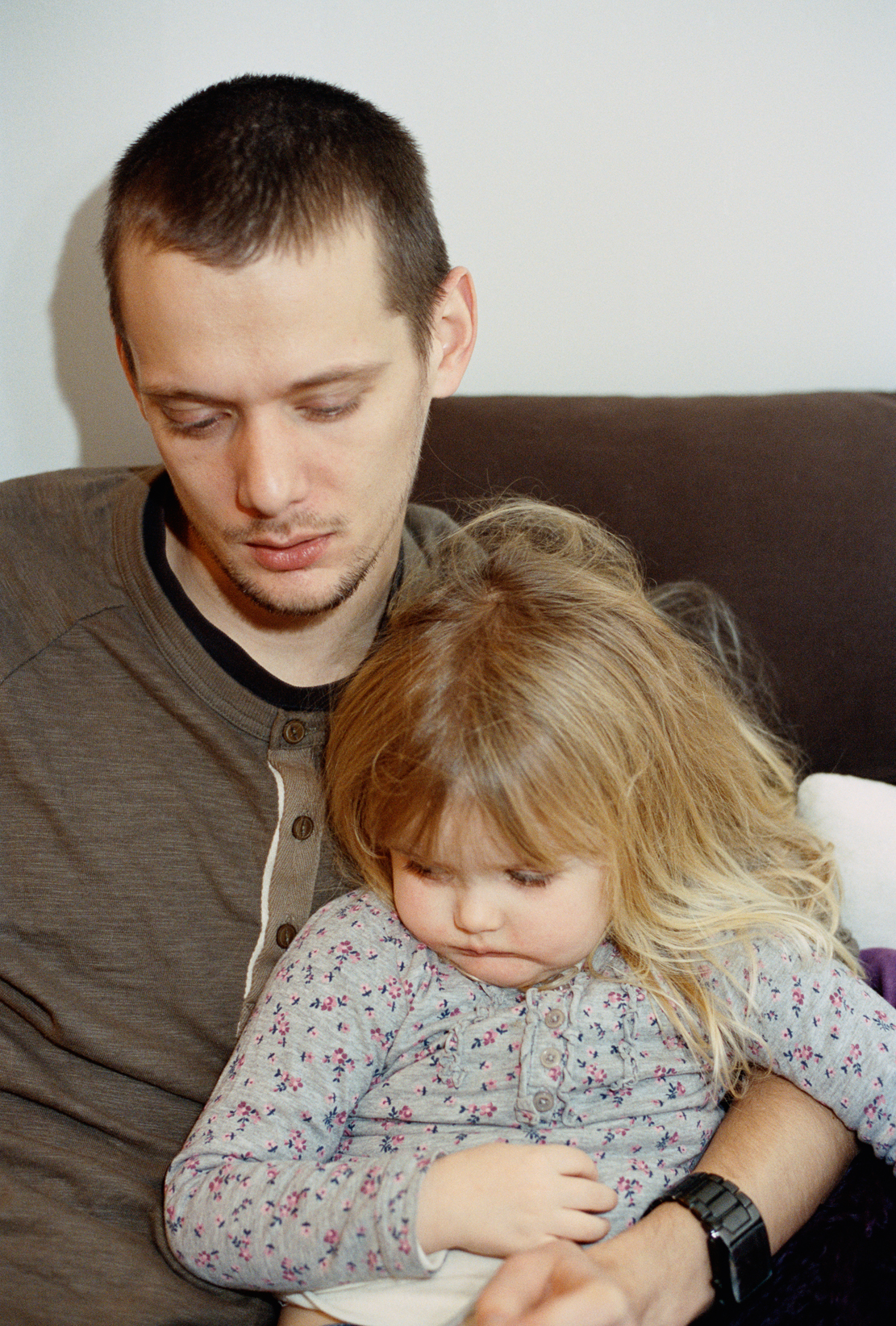
2014, inkjet print
74,6×51,6 cm
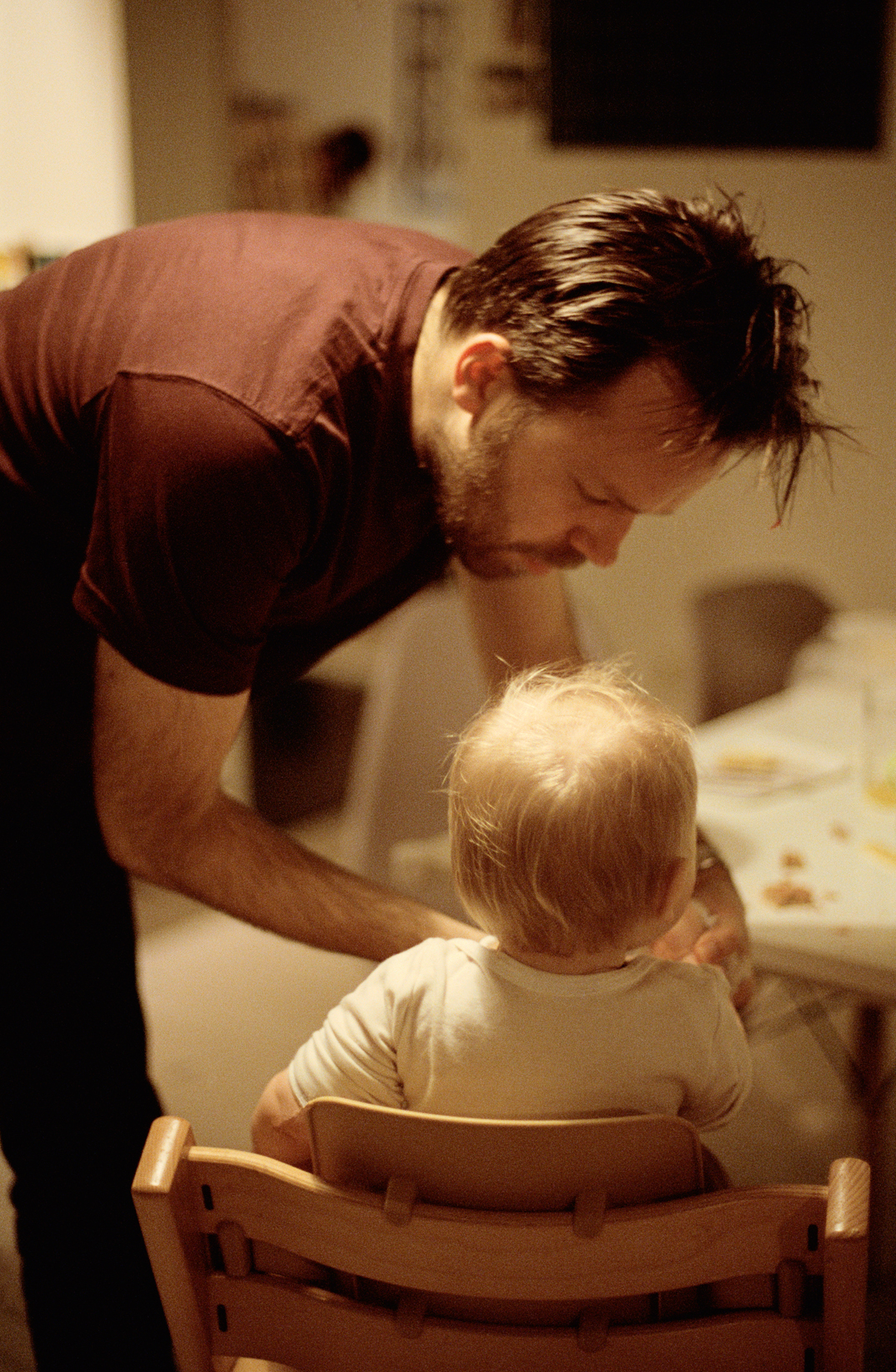
2014, inkjet print
35×50,4 cm
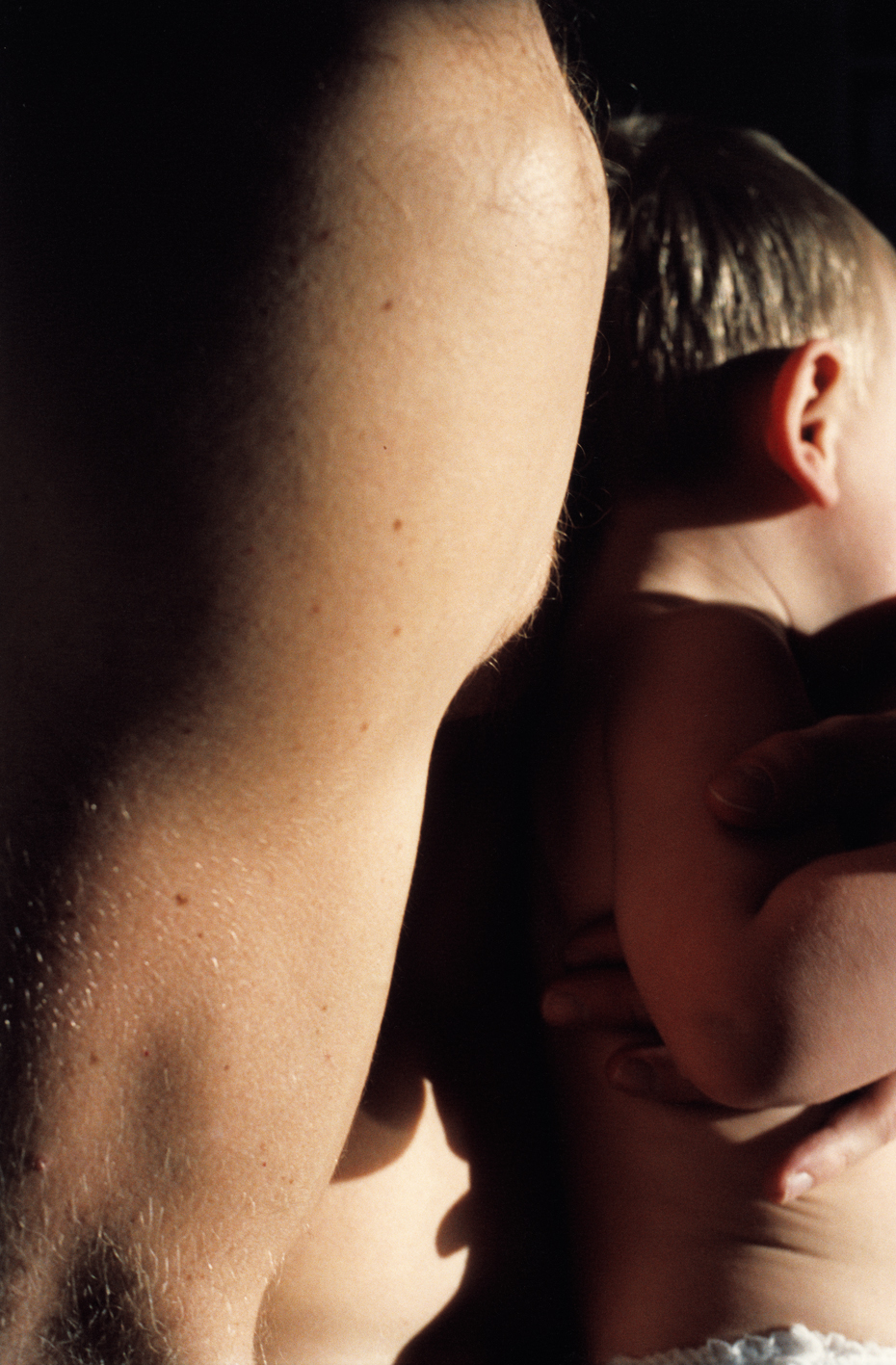
2014, inkjet print
98,2×67,3 cm
